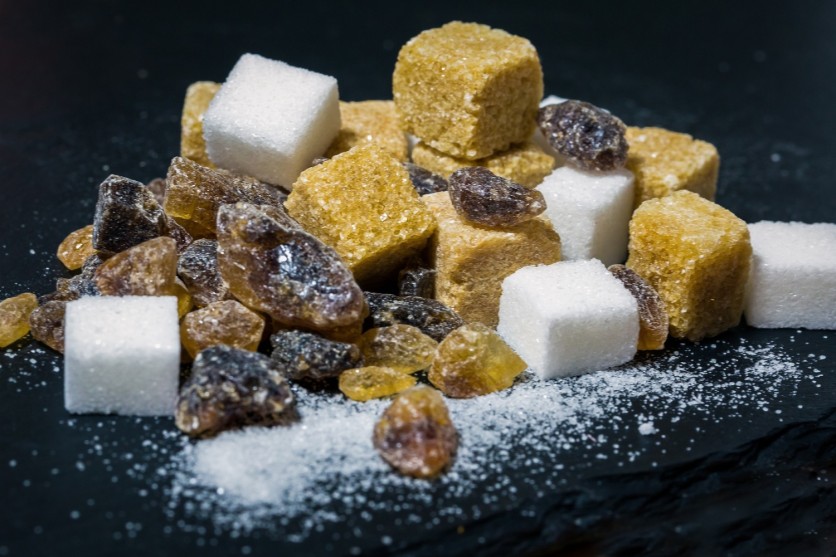The International Agency for Research on Cancer (IARC) is poised to make a significant announcement regarding the popular artificial sweetener, aspartame.
In a crucial evaluation, IARC has assessed the potential carcinogenic effect of aspartame, a widely used sweetener found in numerous food and beverage products.

Risk Assessment Exercise on Aspartame
This development has triggered the Joint FAO/WHO Expert Committee on Food Additives (JECFA) to initiate an update of its risk assessment exercise on aspartame, which includes a review of the acceptable daily intake and dietary exposure assessment for the sweetener.
The outcome of these evaluations will be jointly disclosed on July 14. However, the results will remain confidential until the summary of the evaluations is published online by The Lancet Oncology at 00:30 CEST on the aforementioned date, alongside the simultaneous release of the JECFA findings on the WHO website.
To ensure the integrity of the process, all participants of the IARC Monographs meeting, including observers, have signed a confidentiality agreement, pledging not to divulge any information about the meeting or its outcomes until the end of the embargo period.
Aspartame has been utilized as an artificial sweetener since the 1980s, yet its health effects have undergone evaluation only once before, in 1981, by the WHO/FAO Joint Expert Committee on Food Additives (JECFA), according to the research agency.
The IARC Monographs program, which focuses on identifying cancer hazards, has not previously assessed aspartame. However, due to the availability of new research results, both the IARC Monographs program and JECFA have deemed it necessary to prioritize the evaluation of aspartame.
The assessments conducted by these two bodies are complementary in nature. While IARC will concentrate on identifying the potential carcinogenic effect of aspartame, JECFA will undertake a comprehensive review of its risk assessment exercise, encompassing the acceptable daily intake and dietary exposure assessment of the sweetener.
IARC's hazard identification process took place from June 6 to June 13, followed by JECFA's risk assessment from June 27 to July 6, 2023.
This sequential arrangement, coupled with the close collaboration between the IARC Monographs and the WHO/FAO JECFA Secretariat, will enable a comprehensive evaluation of the health effects associated with the consumption of aspartame, ensuring that the assessments are based on the most up-to-date evidence available.
Implications of this Possible Declaration
This upcoming declaration by the IARC holds significant implications for consumers, regulatory bodies, and the food industry at large. The findings will shed light on the potential risks associated with aspartame and pave the way for informed decision-making regarding its continued use as a sweetening agent.
If aspartame were to be deemed carcinogenic, it would imply that there is evidence suggesting a potential link between the consumption of aspartame and the development of cancer.
Carcinogens are substances that have the potential to cause cancer by altering cellular DNA or promoting the growth of abnormal cells. If aspartame is found to have carcinogenic properties, its consumption could potentially increase the risk of developing certain types of cancer.
However, it is important to emphasize that until the IARC evaluation is completed and the results are officially released, the status of aspartame as a potential carcinogen remains uncertain.
Related Article : Air Pollution Discovered as Cause of Millions of Stillbirths a Year: Can We Prevent It?

ⓒ 2025 TECHTIMES.com All rights reserved. Do not reproduce without permission.




